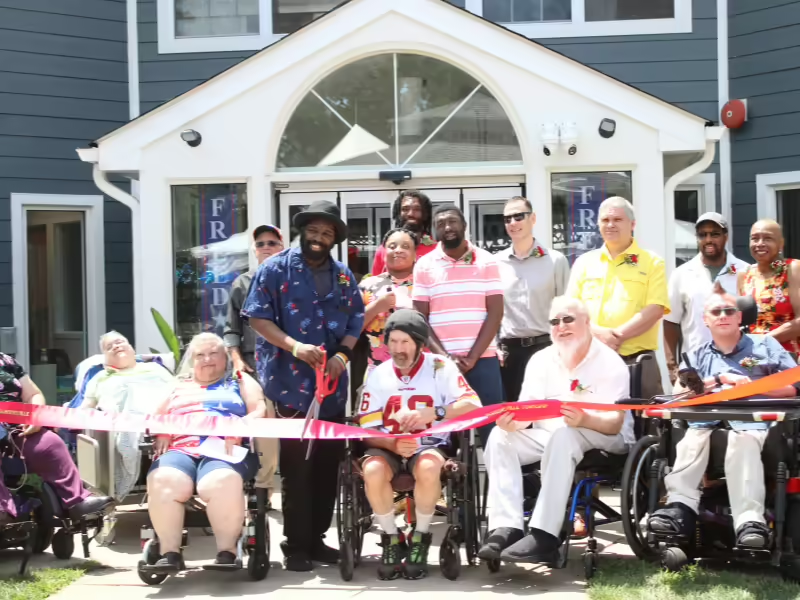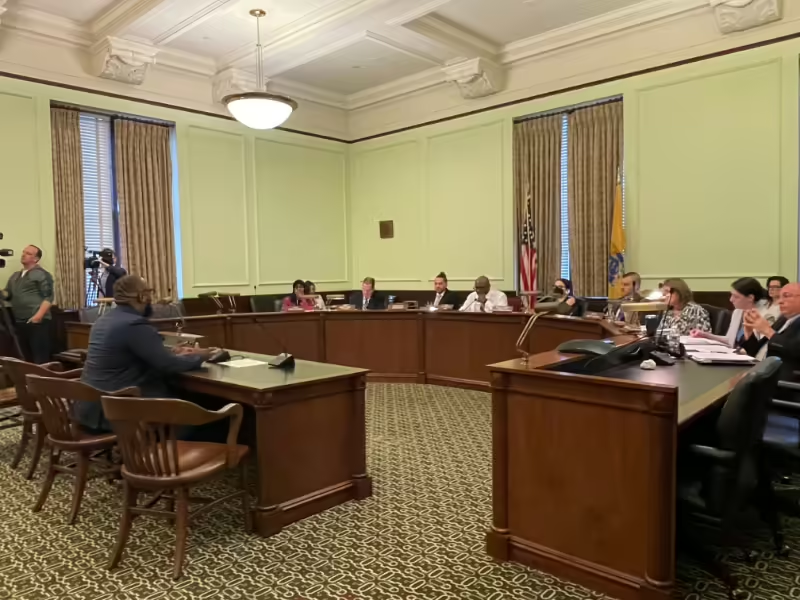HOUSING IS CENTRAL TO THE FIGHT FOR RACIAL AND ECONOMIC JUSTICE IN NEW JERSEY AND BEYOND. Access to affordable housing is crucial to creating integrated communities that reflect the economic and racial diversity of New Jersey. At Fair Share Housing Center, we leverage legal and policy strategies to dismantle decades of discriminatory housing policies that have harmed low-income residents and communities of color.
We enforce the landmark Mount Laurel Doctrine to advance inclusion, prevent exclusionary zoning, and challenge localities that impede the development of affordable housing. We advocate for local, state, and federal policies that create more opportunities for affordable housing development, such as inclusionary zoning and affordable housing funding.


We advocate for policies, like the Fair Chance in Housing Act, that protect individuals’ access to affordable housing. No one should be denied a home solely because of poor credit, a past eviction, or prior involvement in the criminal legal system.
After Hurricane Sandy devastated communities in 2012, we secured the largest fair housing settlement in the nation for low-income renters and homeowners across New Jersey. We continue to advocate for fairer and more equitable disaster relief processes and increased investments to build resilient communities at the state and federal levels.


We recognize the intersectionality of housing with other issues and know that to truly achieve racial and economic justice we must tackle disparities from multiple angles. We partner with community stakeholders, government officials, and advocacy organizations to address the racial wealth gap and secure investments that benefit communities of color.
Your support makes home possible for people and families in every corner of New Jersey.
DONATE NOW to make a difference.

Fair Share Housing Center is a nonprofit advocacy organization that uses legal, policy, and community-building strategies to fight for housing justice in New Jersey and beyond.
